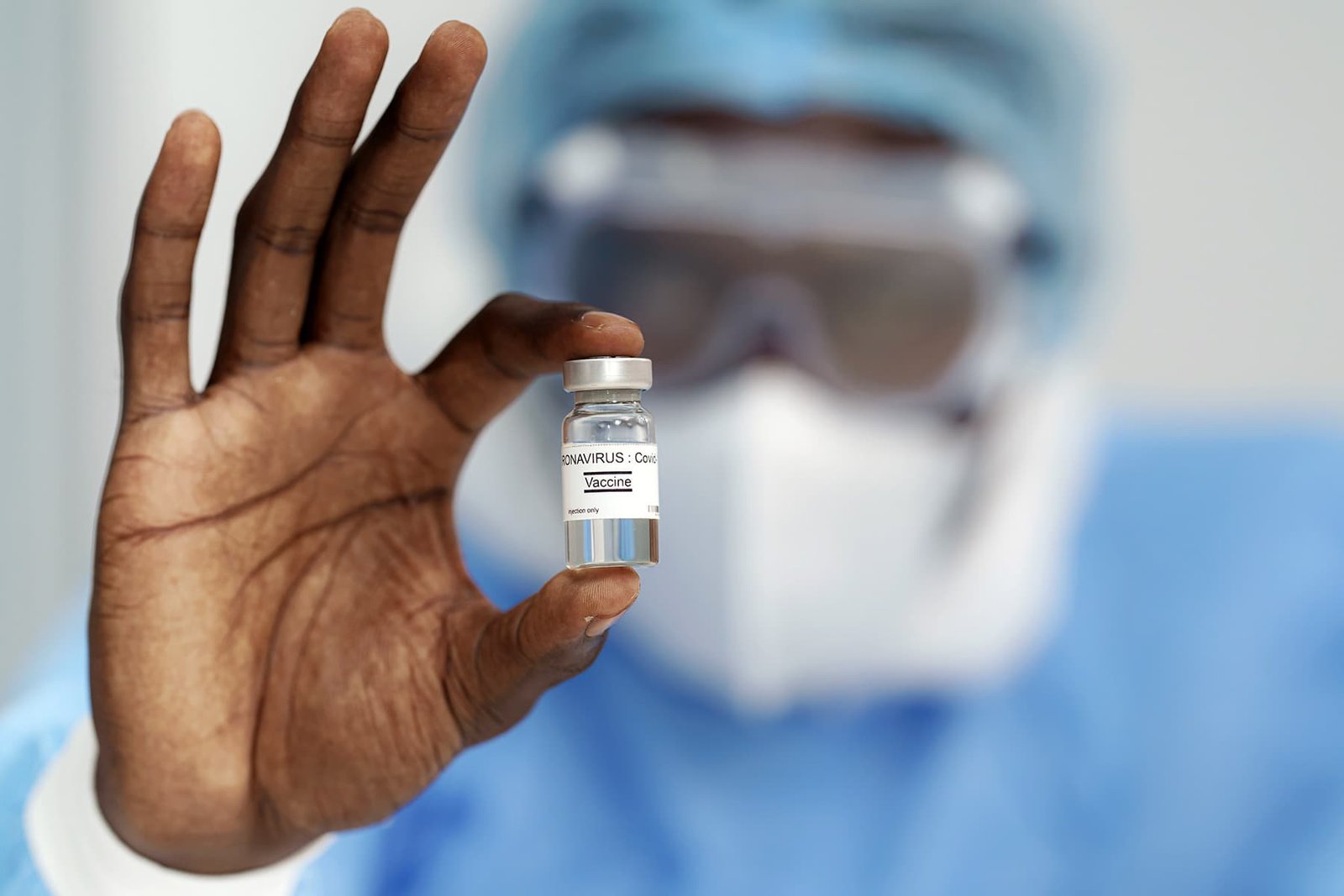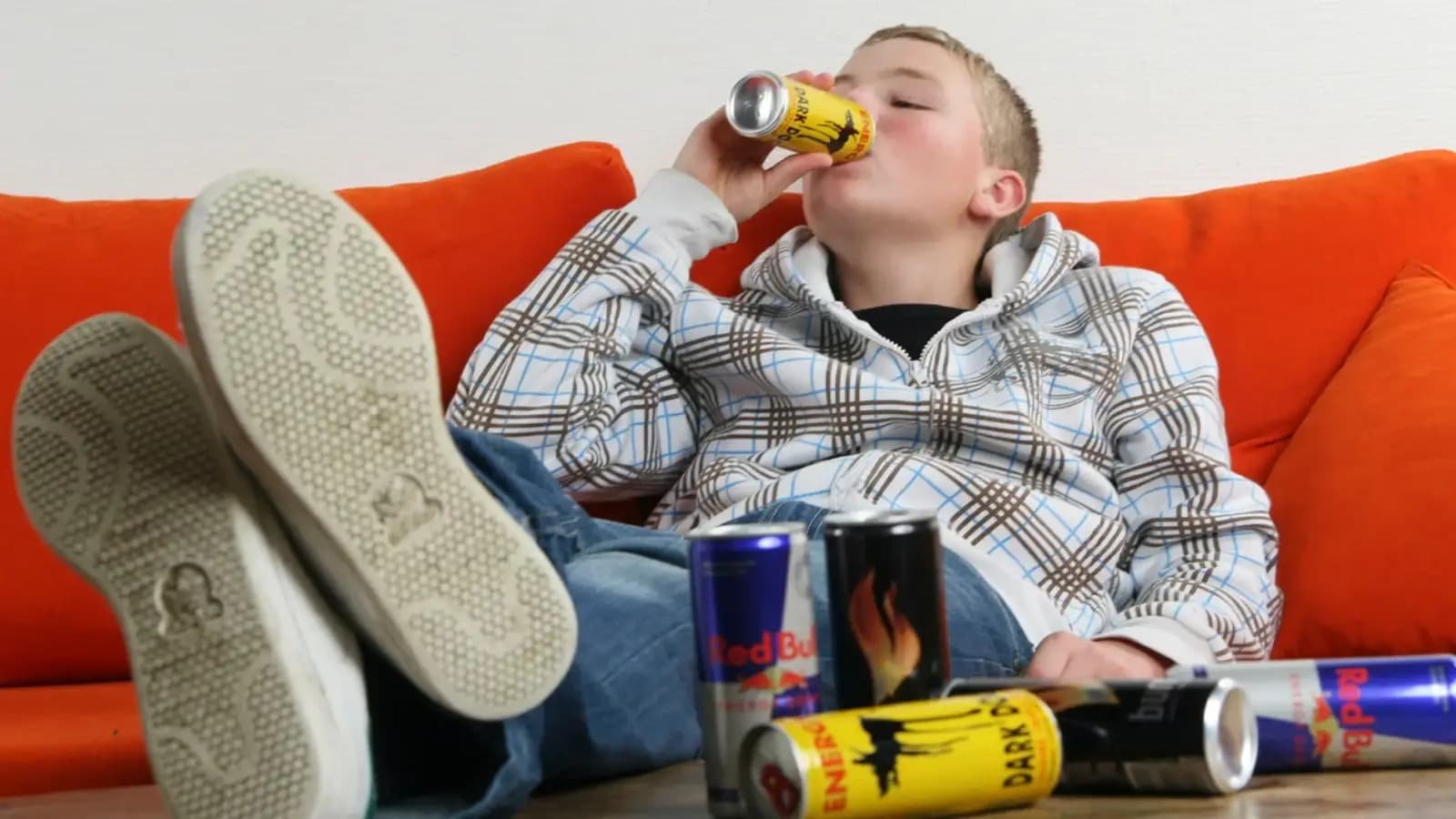June 18, 2022 — COVID-19 vaccines for children 6 months to 5 years of age are now ready to go. Centers for Disease Control Prevention (CDC) Director Rochelle, Walensky, MD, has endorsed a unanimous recommendation by the agency’s vaccine panel today, allowing vaccinations to begin early this week.
The CDC’s Advisory Committee on Immunization Practices earlier today voted 12-0 to recommend use of the Moderna COVID-19 vaccine in children 6 months to 5 years of age, as well as a vote of 12 to 0 to recommend use of the Pfizer vaccine in children ages 6 months to 4 years.
“I encourage parents and caregivers with questions to talk to their doctor, nurse, or local pharmacist to learn more about the benefits of vaccinations and the importance of protecting their children by getting them vaccinated,” Walensky said in a statement.
The FDA authorized the vaccines on Friday in children as young as 6 months of age, soon after its advisory panel also unanimously recommended the shots earlier this week.
Parents and caretakers now have the all-clear to start vaccinating these youngest of Americans with the shots expected to start as soon as Monday.
That is a sigh of relief for millions of anxious parents who have been waiting for this approval for their youngest children. Medical groups, from the American Academy of Pediatrics (AAP) to the American Medical Association (AMA) applauded today’s decision.
“Authorization of the Moderna and Pfizer-BioNTech vaccines for children ages 6 months and older will extend the protection of immunization to the last segment of our population awaiting protection. More work remains to vaccinate older children and adolescents, as well. As of June 8, more than 23 million children ages 5 to 17 have received two doses of COVID vaccine. Another 26 million in this age group have yet to receive any doses,” the AAP said in a prepared statement.
“We must not let up in our efforts to make sure all families can benefit from the protection of these vaccines,” said AAP President Moira Szilagyi, MD, PhD, FAAP.
The AMA echoed the urgency of these vaccines for young children.
“According to the CDC, COVID-19 is a leading cause of death among children ages 0-19 years. Since the beginning of the pandemic, among children in the U.S. aged 6 months to 4 years, there have been more than 2 million cases of COVID-19, more than 20,000 hospitalizations, and more than 200 deaths. We urge parents to get their children vaccinated against COVID-19 as soon as they are eligible. While there is overwhelming scientific evidence showing the COVID-19 vaccines are safe and effective, we know many parents and families still have questions,”.Jack Resneck, MD, president of the American Medical Association, said in a prepared statement.
The CDC panel vote in favor of both mRNA COVID-19 vaccines in this age group came after 2 days of deliberation by scientists, clinicians, and other experts participating in the advisory committee.
The Moderna vaccine emergency use authorization is based on two primary doses (one-fourth the adult dose) separated by 1 month. The Pfizer vaccine is authorized as a three-dose primary series (one-tenth the adult dose). The authorized Pfizer vaccine dosing is 21 days between dose 1 and dose 2, followed by 60 days between dose 2 and dose 3.
Representatives from Moderna and Pfizer reviewed the evidence for safety and effectiveness of their products during the ACIP meeting.
Moderna data, for example, revealed a 50.6% effective rate in infants and toddlers 6 to 23 months and a 36.8% effective rate in children 2 years to 5 years old, using a CDC definition of effectiveness. The total number of children 6 months to 5 years in the evaluation was 6400, including 4800 who received the vaccine and 1,600 who received a saline placebo.
This level of efficacy “is consistent with adult effectiveness against Omicron,” said Rituparna Das, MD, PhD, vice president for,vaccines at Moderna.
The antibody levels after two doses of the Moderna vaccine in the 6 month to 5 year olds was similar to levels observed in young adults 18 to 24 years. Similarly, the antibody levels after three doses of the Pfizer vaccine were similar to those seen in people ages 16 to 24 years old.
Fever, Other Safety Considerations
Pain was the most common local reaction reported in children up to 5 years in the Moderna vaccine research. Most symptoms were mild and lasted 23 to 3 days. In terms of systemic adverse reactions, fever, irritability, crying, sleepiness and loss of appetite were most common in the 6 months to under 2 year group. In the 2-year- to 5-year-old children, fever, headache, fatigue, muscle pain, nausea, vomiting, and chills were most common.
There was one seizure caused by fever reported 3 days after a first dose, a reaction that the study investigator considered related to the vaccine in the Moderna study. “Approximately 6 weeks later, the child has remained in the study and received two doses of the vaccine without [further] events.”
There were no cases of myocarditis or deaths reported in the Moderna or Pfizer studies.
Pain or tenderness at the injection site were the most common local reactions in the Pfizer study. In terms of systemic reactions, irritability and drowsiness were more common in children 6 months to under 2 years. Fatigue was most common in children ages 2 to 4 years. Most symptoms were mild and resolved within 1 to 2 days.
Fevers also were reported in the Pfizer trial, most lasting about 1 day.






